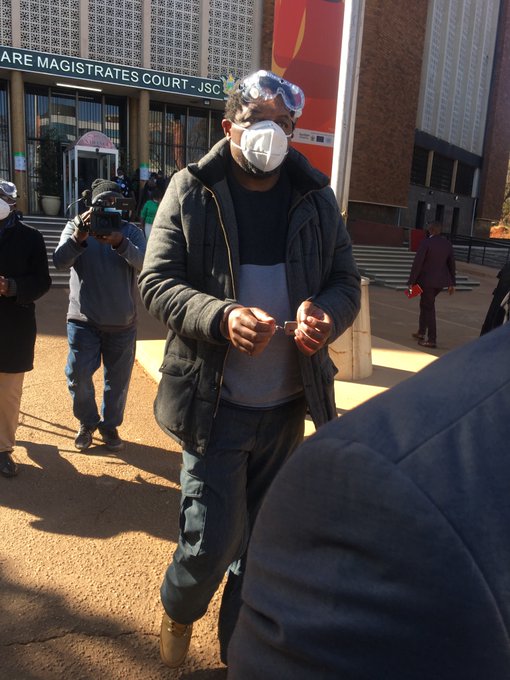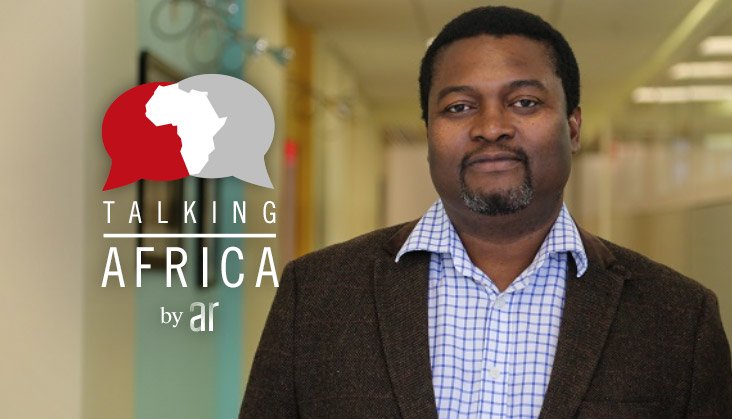The coronavirus and the resulting government shutdown orders have profoundly altered our way of life. Most had to work from home while some couldn’t work at all. In-person meetings with clients and colleagues became impractical or even illegal in order to control the spread of COVID-19.
The existing tax law applied to the new normal will create some tax surprises. Here are a few situations.
Fewer deductible auto expenses. Due to the shutdown orders, many people did not drive as much as they used to. The good news is that people are paying less in gas and maintenance bills. Many insurance companies offered to (or were required to by law) reduce insurance premiums during the shutdown period.
But this also means that self-employed people will have less in automobile deductions. Generally, auto expense deductions are claimed using one of two methods. The standard mileage method generally allows a deduction for every mile driven for business purposes. The actual expense method generally allows a deduction for the expenses actually paid, such as gas, maintenance, depreciation, registration, and lease payments. But the deduction is prorated, based on the percentage the car is used for business purposes. For example, if you spent $1,000 on auto expenses for a car that is used 80% for business, you are allowed to take an $800 deduction.
I doubt that the IRS will make special accommodations for the auto expense deduction rules due to COVID-19. Just keep in mind that if you are driving less and spending less on auto expenses, expect to get less in tax deductions as a result.
Meal expenses. Currently, the rule on meal expenses connected with a business activity is that 50% of the cost is deductible if the price is not extravagant or lavish, the taxpayer or their employee is physically present, and the meal is provided to a current or potential business contact.
The problem is that the shutdown orders prohibits dining-in at restaurants. Also, when the shutdown orders are lifted, most restaurants are limiting the number of guests in order to meet social distancing guidelines. So most business lunches with business contacts are done virtually at home.
Despite the restrictions, it is possible to comply with the rule. For example, a business owner can invite a colleague to his home and discuss business. Food can be ordered and delivered to his home. However, I do not see people doing this on a regular basis.
But the shutdown order can create ambiguities. For example, suppose one person can pay for the food and have it delivered to their contact. But if they talk virtually using video, are they physically present?
What I realistically see happening is that people will pay for their own meals when participating in a virtual meeting with business associates. Since the meal is not provided to a business contact, is the meal expense still deductible? What if I made the food at home? Are the cost of groceries tax deductible?
I am hoping the IRS will issue some guidance — either through a notice or temporary regulations — that addresses business-related meal costs in these situations. Virtual meetings — either by phone or video chat — should temporarily be considered meeting the “physically present” requirement.
Also, food purchased from a restaurant for personal consumption should be deductible so long as it was purchased before a scheduled virtual business meeting. That can incentivize businesses to order more often from struggling restaurants. And the tax deduction can help since we are paying not only for the food but also tax, tip, delivery fee, the health insurance surcharge, the living wage surcharge, the climate change surcharge, and now the COVID-19 surcharge.
Unemployment income is taxable. Currently, unemployment benefits are taxable income. Why? I have no idea.
With the federal Pandemic Unemployment Assistance providing $600 per week on top of the state’s existing unemployment benefits, some people can receive substantial money, which can mean substantial surprise taxes. I say surprise taxes because most people mistakenly (but understandably) think that unemployment benefits are tax free.
This tax tends to be most painful to those who are already in a mid- to high-tax bracket and received benefits in the high four-figure range.
Expenses paid with PPP money are not tax deductible. Many businesses received money through the federal government’s Paycheck Protection Program (PPP). The money is a loan, although it can be forgiven if a certain portion is used for payroll and the rest for certain expenses such as rent and utilities. Thankfully, the forgiven amount is not considered taxable income.
However, the IRS has ruled that if expenses are paid with PPP money, and the loan is forgiven, those expenses are not tax deductible. The rationale is that since the forgiven money is not taxable income, it is only fair that you cannot take a deduction using that money.
The problem is that a lot of people — particularly gig economy independent contractors — will either not know about this rule or forget about it. Some bookkeepers and accountants also might not know about the rule or may not apply it correctly for a number of reasons. Given the low audit rates at the IRS, this might make the rule difficult to enforce.
I anticipate that the SBA will issue a tax form to the IRS informing them of the PPP loan amount the taxpayer received and whether it was forgiven. The IRS will then require the taxpayer to complete a special form detailing what the PPP funds were used for and then add the amount back to taxable income.
So if you received PPP money and managed to get it forgiven, just remember to expect a higher tax bill.
Take advantage of the home-office deduction. As most of us are forced to work from home, our home utility bills are likely to rise as a result. If you are self-employed, then a portion of these expenses are tax deductible if your home is considered a home office.
To qualify for a home-office deduction, you must regularly use part of your home exclusively for conducting business.
Also, the home must be the principal place of business. This means that you use your home regularly for administrative or management activities and you have no other fixed location to do so. Alternatively, your home is the principal place of business if you physically meet clients and customers there.
Before COVID-19, some self-employed people did not qualify for the home-office deduction because they had a separate office location, and that is where they did most of their administrative work and physically met with clients or customers.
But now, most government shutdown orders and landlords prohibit or severely limits when business owners can enter their offices. There are also similar prohibitions and limitations on when business owners can meet with their clients or customers. So an argument can be made that your home is the principal place of business because there is no other fixed location to perform administrative or management duties. And it is difficult or impossible to meet clients in your office due to the shutdown orders.
Some people did not take a home-office deduction even though they qualified for it because they thought it would turn them into an audit target or the compliance rules were just too difficult. But now that working from home is the new normal, more people will claim this expense.
For single people, I would recommend using the largest room in the house as an office to maximize the deduction. Since these are usually the living and dining rooms, this strategy is not feasible for family households.
While I think IRS auditors will be understanding if the home-office deduction becomes an issue, it would be very helpful if they issued guidance on claiming the home-office deduction in light of COVID-19 and the shutdown orders.
Due to the lifestyle changes we were forced to make due to COVID-19, we are spending less money on tax-deductible expenses. Assuming income remains steady, some businesses might expect a higher tax bill. It is best to know about it now and prepare for it.
Steven Chung is a tax attorney in Los Angeles, California. He helps people with basic tax planning and resolve tax disputes. He is also sympathetic to people with large student loans. He can be reached via email at sachimalbe@excite.com. Or you can connect with him on Twitter (@stevenchung) and connect with him on LinkedIn.
 Staci Zaretsky is a senior editor at Above the Law, where she’s worked since 2011. She’d love to hear from you, so please feel free to email her with any tips, questions, comments, or critiques. You can follow her on Twitter or connect with her on LinkedIn.
Staci Zaretsky is a senior editor at Above the Law, where she’s worked since 2011. She’d love to hear from you, so please feel free to email her with any tips, questions, comments, or critiques. You can follow her on Twitter or connect with her on LinkedIn.


 Kathryn Rubino is a Senior Editor at Above the Law, and host of
Kathryn Rubino is a Senior Editor at Above the Law, and host of 










 Jill Switzer has been an active member of the State Bar of California for over 40 years. She remembers practicing law in a kinder, gentler time. She’s had a diverse legal career, including stints as a deputy district attorney, a solo practice, and several senior in-house gigs. She now mediates full-time, which gives her the opportunity to see dinosaurs, millennials, and those in-between interact — it’s not always civil. You can reach her by email at
Jill Switzer has been an active member of the State Bar of California for over 40 years. She remembers practicing law in a kinder, gentler time. She’s had a diverse legal career, including stints as a deputy district attorney, a solo practice, and several senior in-house gigs. She now mediates full-time, which gives her the opportunity to see dinosaurs, millennials, and those in-between interact — it’s not always civil. You can reach her by email at 


